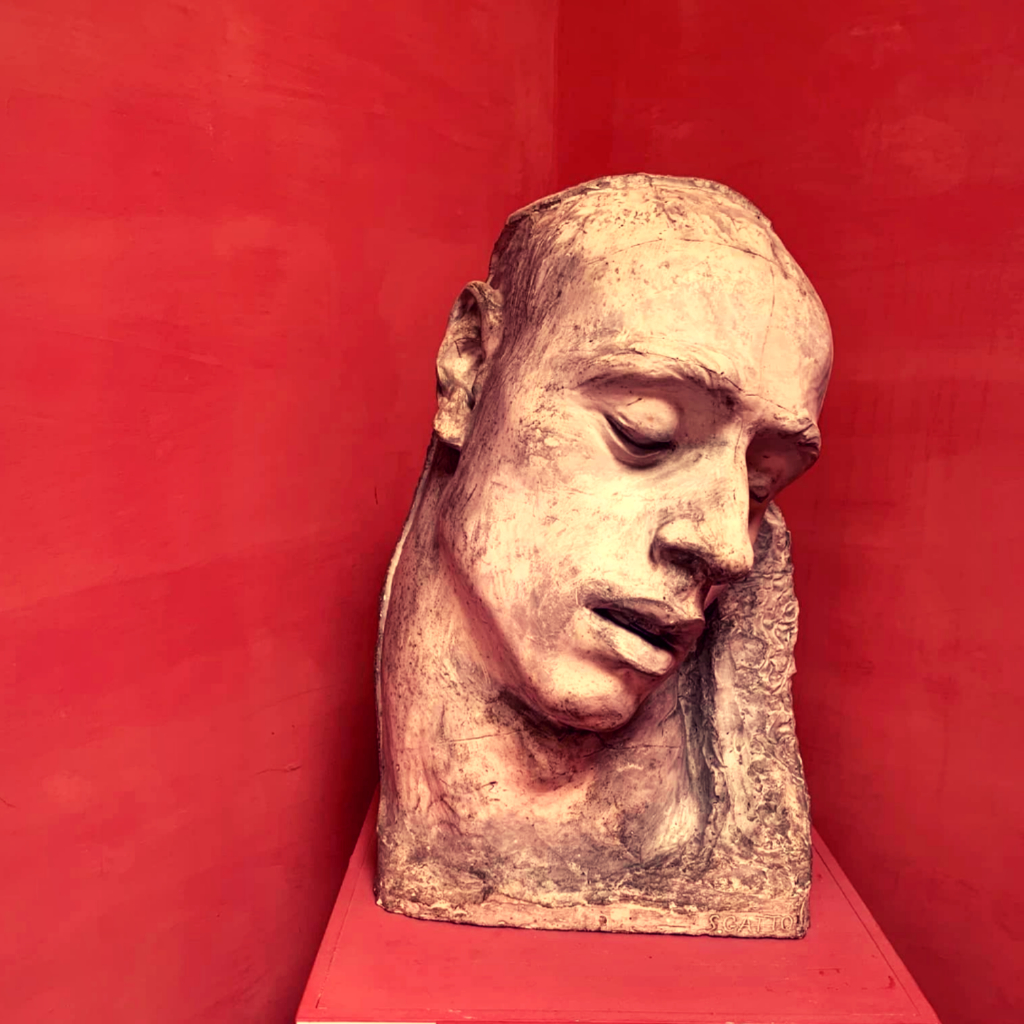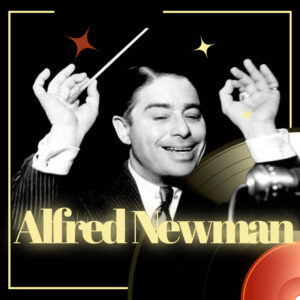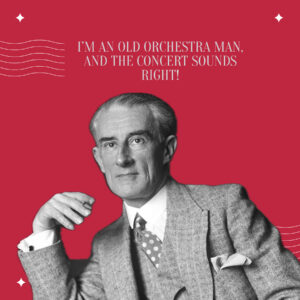We chose some significant quotes from Herbie Hancock’s interviews from different years. What does one of the world’s jazz giants think about life and music.
The most important thing is the spirit of jazz — which is about freedom, about improvisation, about courage. I mean the courage to play something that you haven’t played before, to create something on the spot. And it’s also about sharing, because onstage we don’t compete with each other. Each of us expresses ourselves from our own being, and no two people are alike, so the idea of being judgmental is not on the table.
That a part of the responsibility of being a human being, is to be able to work with people and interact with people. Just like in a conversation, if you’re the kind of person who just dominates a conversation – doesn’t listen to anybody else – you probably won’t have a lot of friends (laughs). It could conceivably indicate a serious weakness in your character. It may indicate that you don’t respect others as much as you respect yourself. Its very important to respect others and by the same token, its very important to respect the other musicians. You can learn from the other musicians. If you don’t listen, you can’t learn anything, in life or in music.
Miles Davis, even though he’s passed away is a still a constant source of inspiration and support because of the many things that I learned from playing in his band, about teamwork, about courage, about the courage to take risks. And about listening. I learned many things from the other musicians in addition to the things I named—other musicians that were in Miles’ band — Tony Williams taught me a lot about rhythms and being able to use complex rhythms in a very musical way. Not just rhythms, complex rhythms for their intellectual value. Ron Carter was such an innovative bassist that he had the means to kinds of bass lines and other approaches to chord structures. Wayne Shorter taught me a lot about composition. He’s one of my favorite composers still. And he also taught me about—as an improviser, and performing—to also be a composer and construct solos through the use, in many cases, of thematic material and developing that material, not just playing a bunch of notes that just happen to fit the chords. From the standpoint of jazz-influences.
Influence on the formation of musical existence
Most of the time l’m not trying to put my head in a space where l’m trying to compare artists, cause is not supposed to be on that level. I try to put everything into every into everything I do, all the time, not only music every word that I say, every step that I take. I think it’s important for human beings to put everything into everything that they do. Of course you gotta draw a line. Sometimes some things are more important than others and you might have to not go into so many details here cause there’s something more important over there. There’s only so many hours in a day. That’s another thing that human beings have to learn to do, to get their list of priorities together, to find out what’s important, what’s valuable and what isn’t, to say I know how much time to spend on this and how much time to spend on that. That’s some heavy philosophical stuff. We can get into that too, cause I love that.
About whether to compare artists
On one hand I was listening to Mozart, Beethoven, and on the other hand I was listening to The Ravens and The Five Thrills, The Parrots and The Orioles.
About what music he grew up on
The first thing that I learned was the importance of listening. When we were playing some engagements, I noticed that the way Miles played was very much influenced by what each of the rhythm section was playing. I could tell he was listening to the chords and the rhythms I was playing. I could tell he was listening to Tony Williams on the drums by the kinds of rhythms that Miles played. I’m sure that wasn’t anything that he was thinking about, but the fact that he was listening and trusting helped not only shape his improvisation, but it made the band feel like one unit, like it was one mind. So when I noticed that Miles was doing that and how great it made everything sound I [thought], That’s something that I want to keep. That’s something that I want to do.
On a life-forming partnership with Miles Davis
One of the great stimulations, for me, is hanging out with young people and paying attention to what they’re doing. There’s a tendency as we get older to feel like we know more than younger people and [that] our job is to teach them what we know. But that is not something that I adhere to. We all have something to bring to the table no matter what our age, and youth today has a lot to bring to the table.
Wayne teaches me new tricks every day. He lives about 10 minutes from my house, which is great that we live in close proximity. We are very much are in sync with the way we generally look at the world and look at jazz. I may not agree with every aspect of all the assessments that Wayne makes, but to me, Wayne is like Yoda [laughs]. If he opens his mouth, I want everybody else to be quiet and listen. Most people that know Wayne feel the same way because he’s brilliant.
About Wayne and Herbie

I wasn’t really sure what Miles said. But I thought it sounded like, “Don’t play the butter notes.” Well if Miles is saying that, it must mean something. So I started to think, butter is fat. Does fat mean excess or obvious? I was trying to find something I could relate to music. I started to think, what are the obvious notes? As a technical term, the third and the seventh of a chord. Those are the keys to the character of the chord. I left them out purposefully. Not just the chords, but in my solo I wondered what it would sound like to avoid the third and the seventh in my improvisation. I struggled with it and it all sounded kind of broken to me. It actually changed my style of playing forever. Because to this day it gives me so much more freedom of expression and even the idea of not just that specific thing he told me, but that way of thinking. There are so many ways to get variety and expression and that’s what Miles was talking about.
He actually said, “Don’t play the bottom notes.” I found that out, I actually gave some lectures at Harvard. Someone there in a Q&A period mentioned that they had read in Miles’ book that he had said, “Don’t play the bottom notes.” It would have meant the same thing. The main thing is Miles opened a doorway but I had to figure it out for myself. And that’s what a great teacher does.
On a life-forming partnership with Miles Davis
Creativity and artistic endeavors have a mission that goes far beyond just making music for the sake of music.



